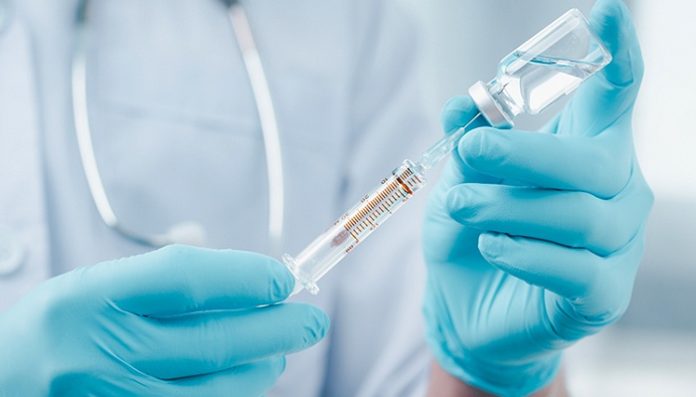According to updated information from the US Centers for Disease Control and Prevention, about 60% of adults plus 75% of children have antibodies suggesting that they’ve been exposed to COVID-19.
The information comes from a long-term examination of blood specimens sent out to commercial labs across the United States. At the beginning of December, an estimated 34% of Americans had antibodies suggesting that they had been exposed to the virus that induces Covid-19. After an outpouring of cases caused by the Omicron strain, that number had grown to 58 percent by the end of February. Dr. Kristie Clarke, a paediatrician who headed the study for the CDC, said, the biggest surge in antibody detection was among children and teens.
According to the study, over 75% of kids under the age of 18 had acquired antibodies to COVID-19 by February. Adults 65 and older saw the lowest rise, with the CDC estimating that 33 percent of elders have indeed been affected by the virus. However, it’s unknown what these test results indicate in terms of personal or community resistance to future diseases. Researchers really don’t know how much longer virus-induced immunity lasts, and one can’t tell from the study whether all people who screened positive for SARS-CoV-2 antibodies are still shielded from their previous infection, Clarke said.
As a result, the CDC advises that all Americans keep up to date on their COVID-19 immunizations and receive the required shots and boosters. Clarke says people who have been diagnosed within the last three months may be willing to wait on their second booster shot.
The figures are based on random, anonymous blood tests conducted by commercial laboratories in the United States. The testing detects antibodies to components of the virus that causes COVID-19; as vaccinations do not produce these antibodies, the testing is used to determine how many people have been infected with the SARS-CoV-2 virus. According to the CDC, the antibodies used in the study stay positive for at least 2 years following exposure, indicating that the study should capture infections that have occurred since the start of the pandemic.
According to Clarke, the CDC does not advise anyone to get an antibody test. They don’t encourage this on an individual basis, she explained, since it doesn’t change the advice in terms of what one should do, such as getting the vaccines up to date and addressing other precautionary actions with the doctor.
The research comes as more contagious new strains, BA.2 and BA.2.12.1, are taking control of transmission in the United States, producing more cases and hospitalizations. Dr. Rochelle Walensky, director of the Centers for Disease Control and Prevention, said that the department is closely monitoring COVID-19 instances in the Northeast. They are seeing a larger number of cases in various parts of the country, especially in the Northeast, and they are also beginning to see some hospital admissions go up, she added.
Walensky explained that the numbers had not risen as quickly as they would have previously in the pandemic, thanks to, she believes, a great level of community protection and vaccinations. However, one must keep a close eye on this, she explained.























